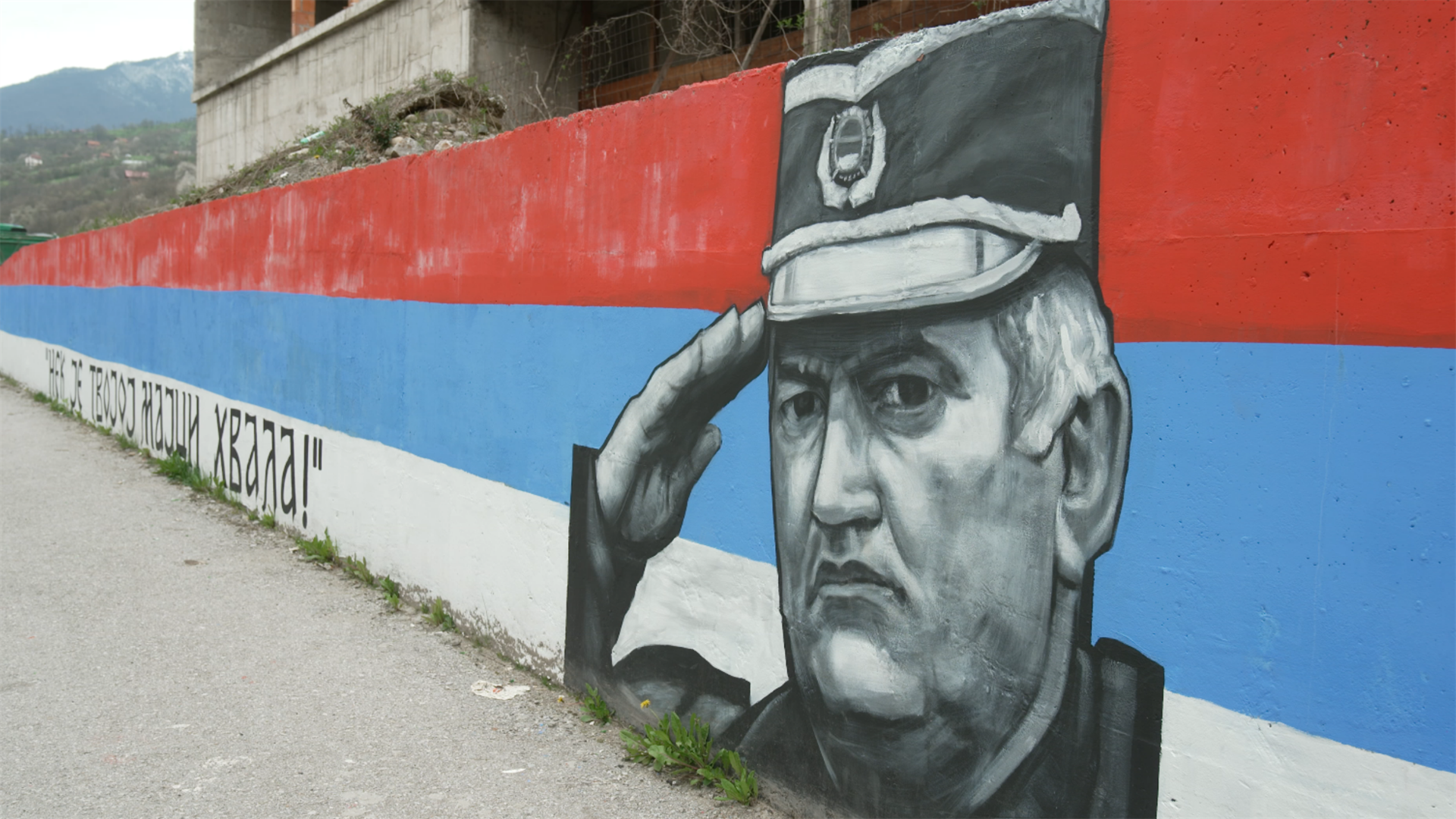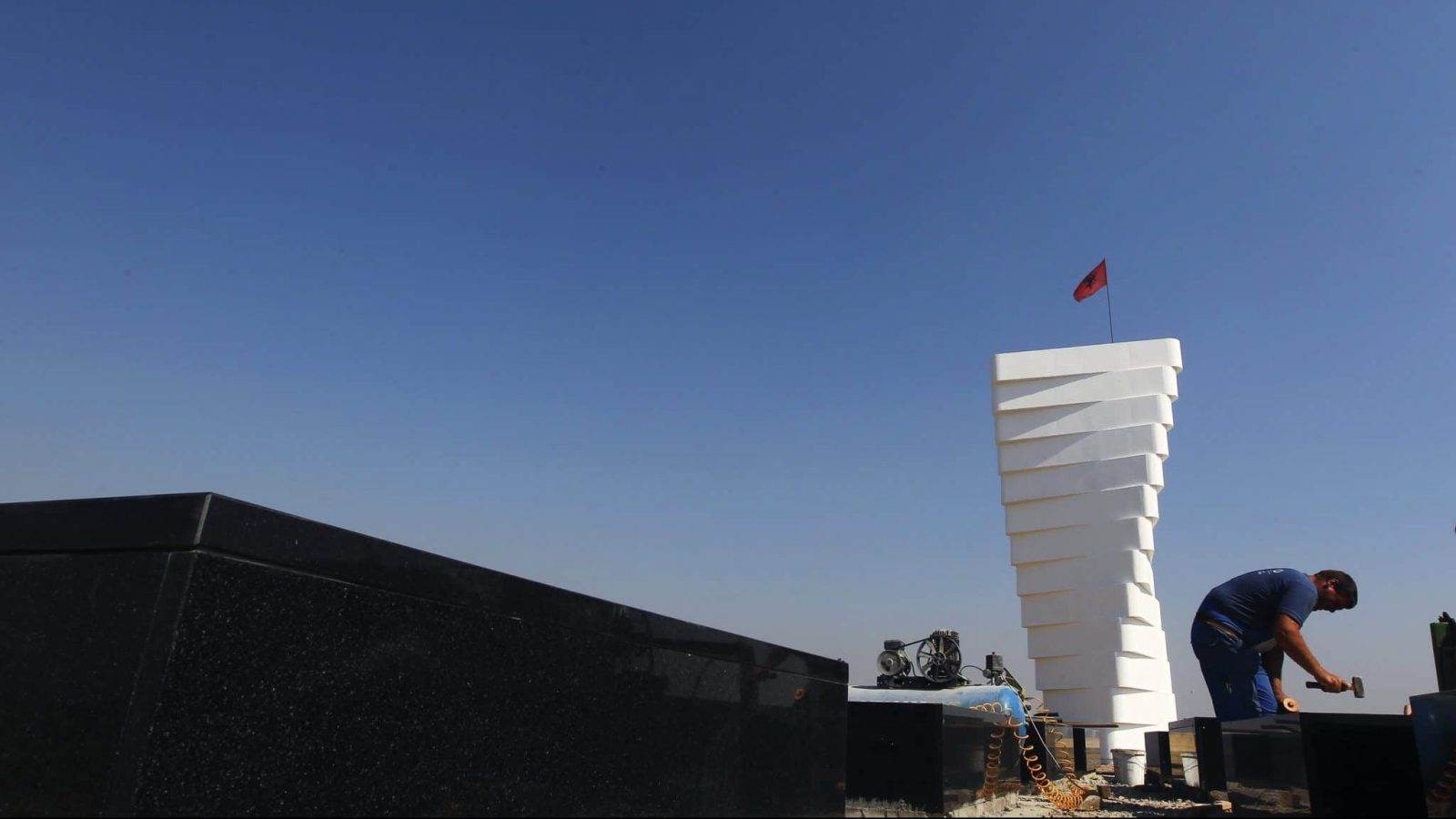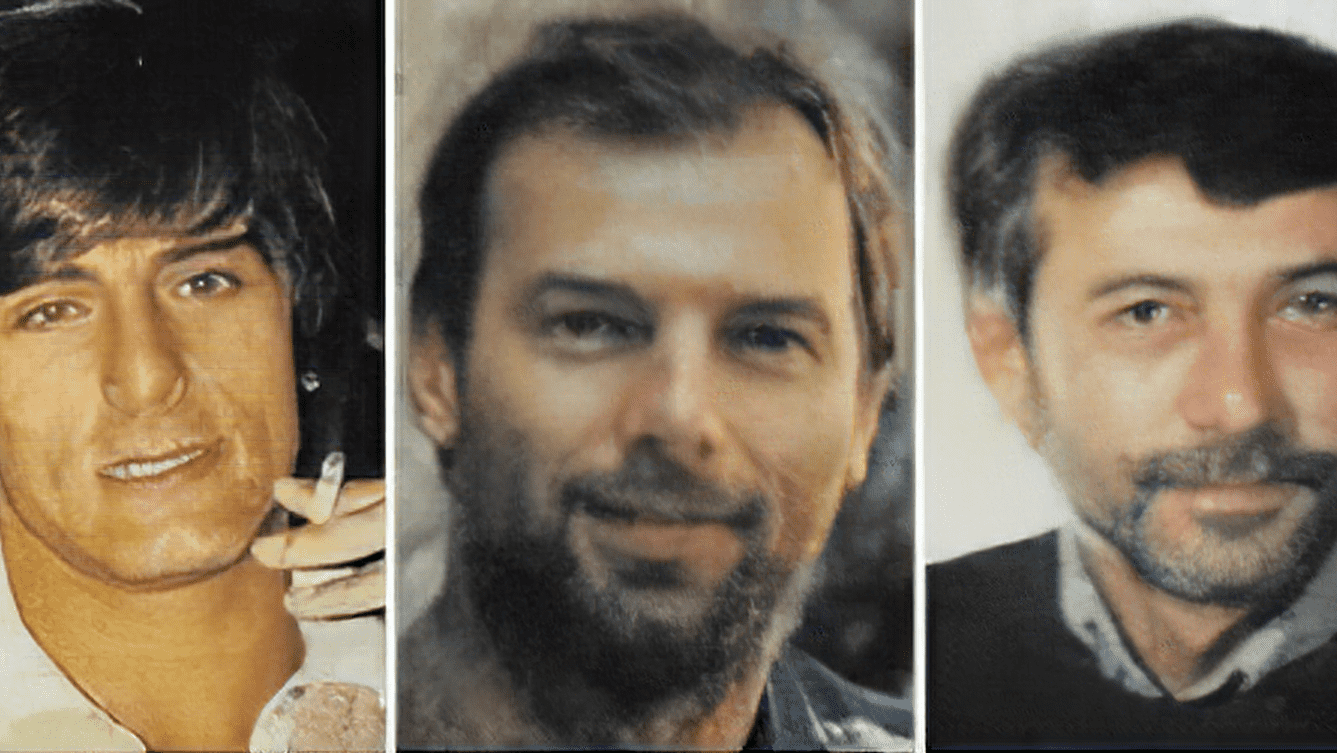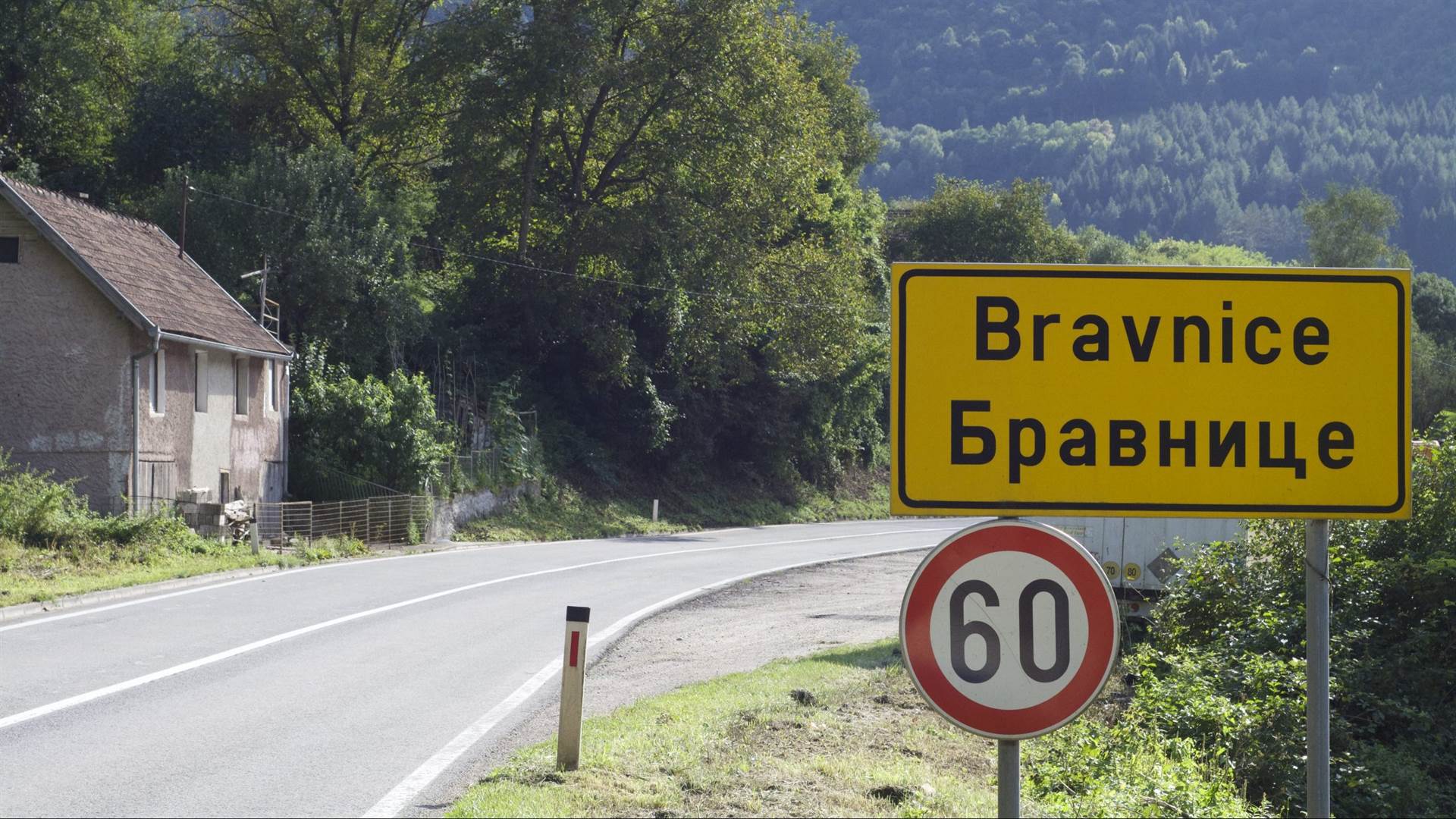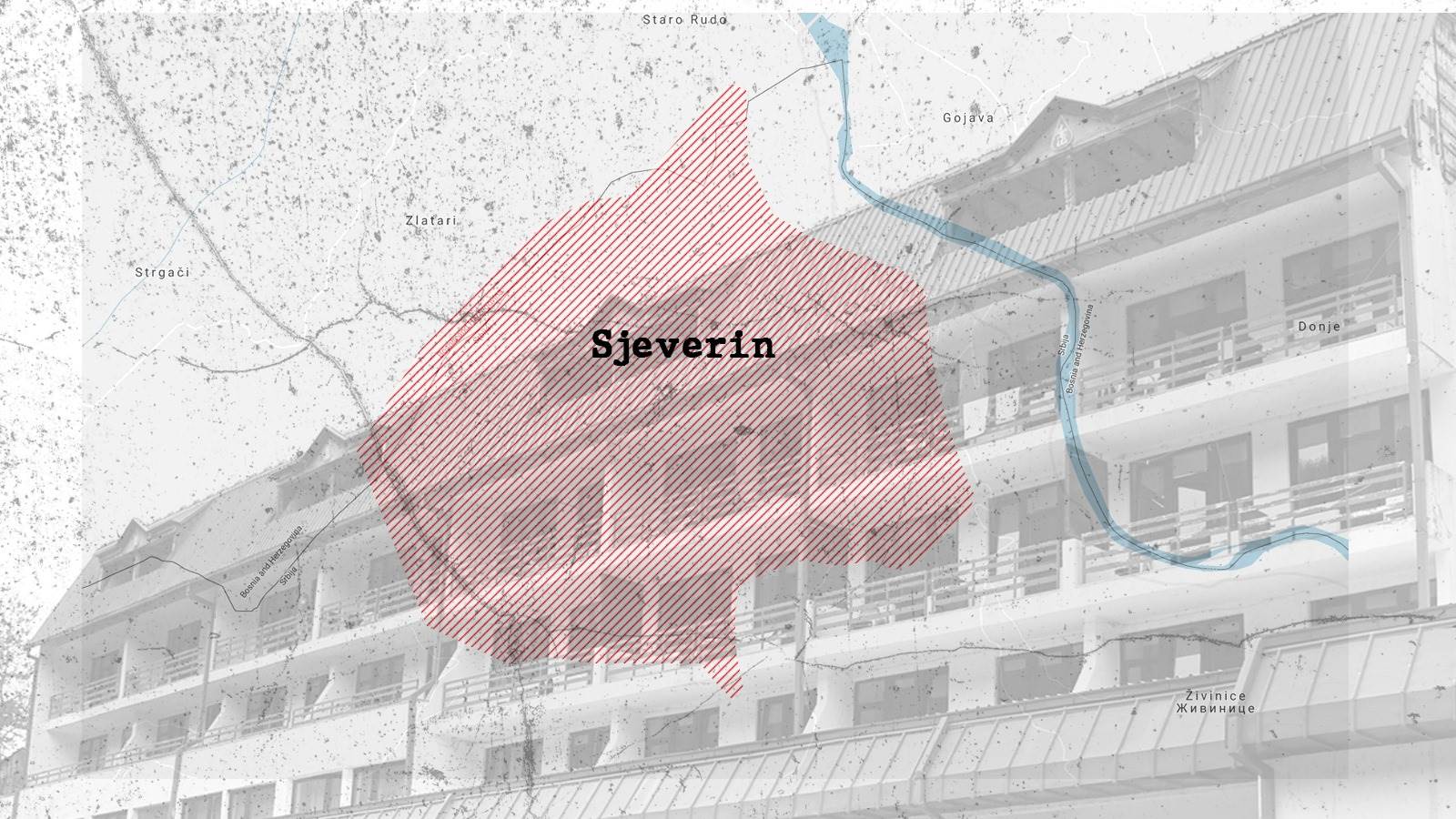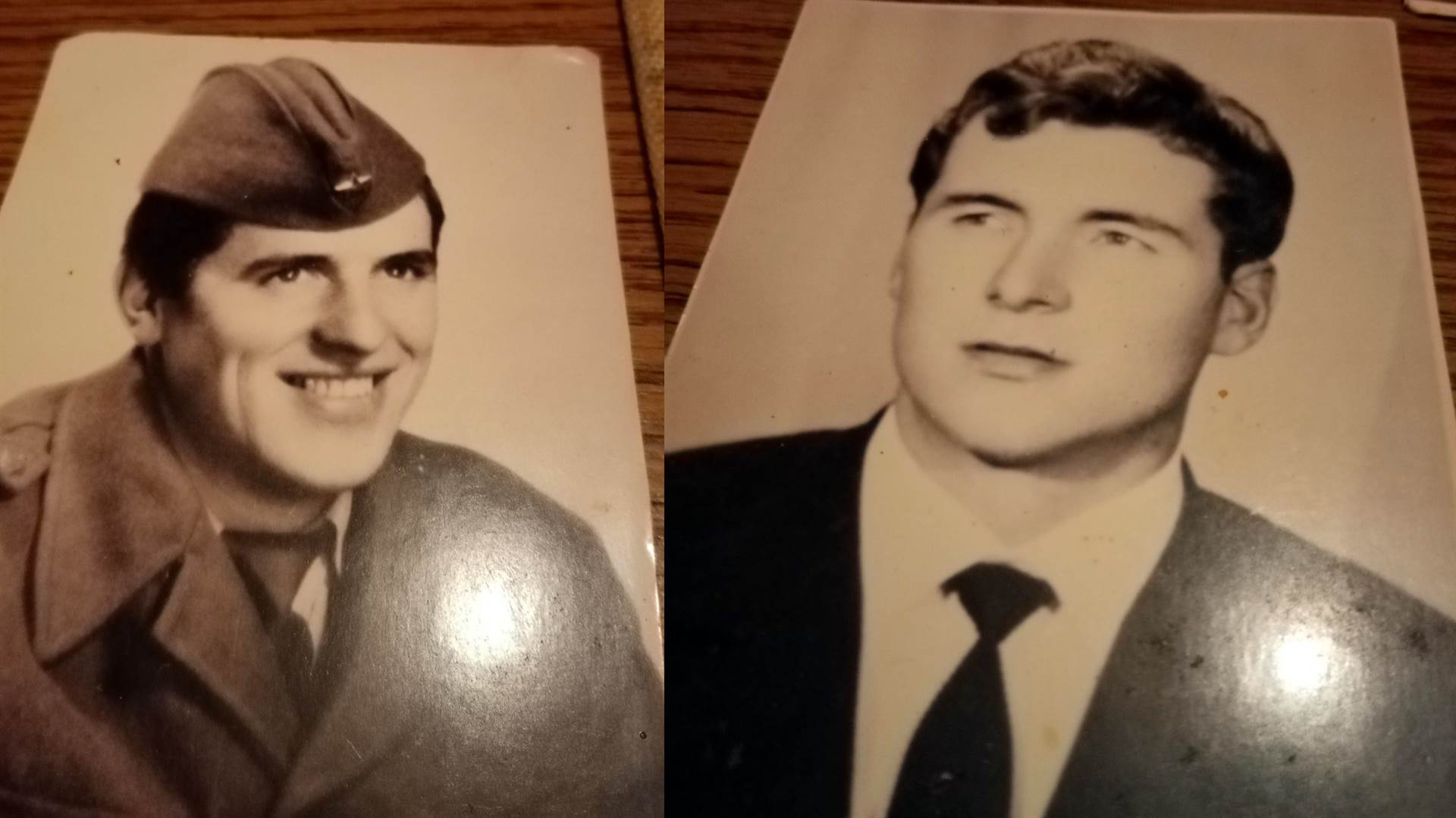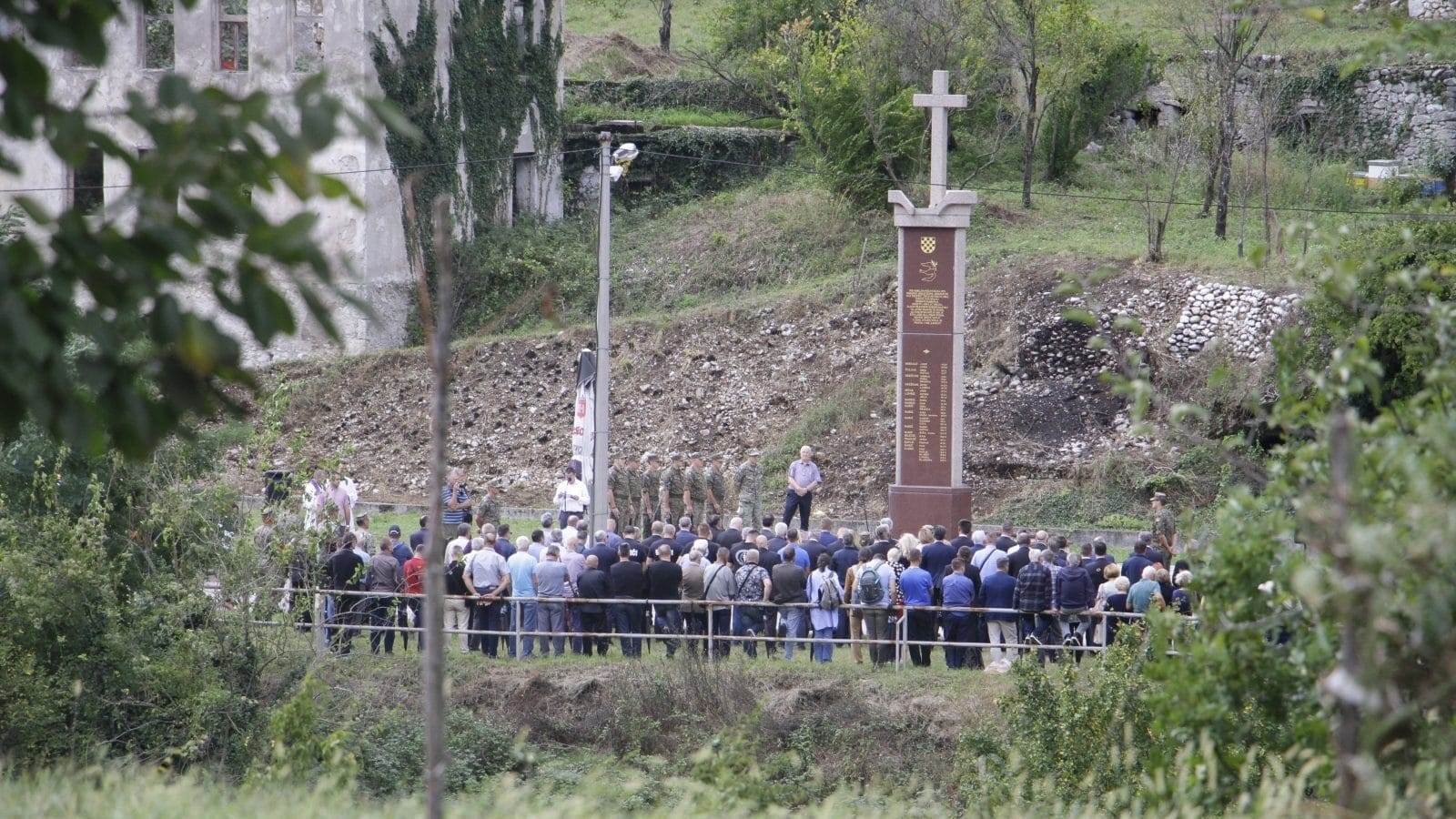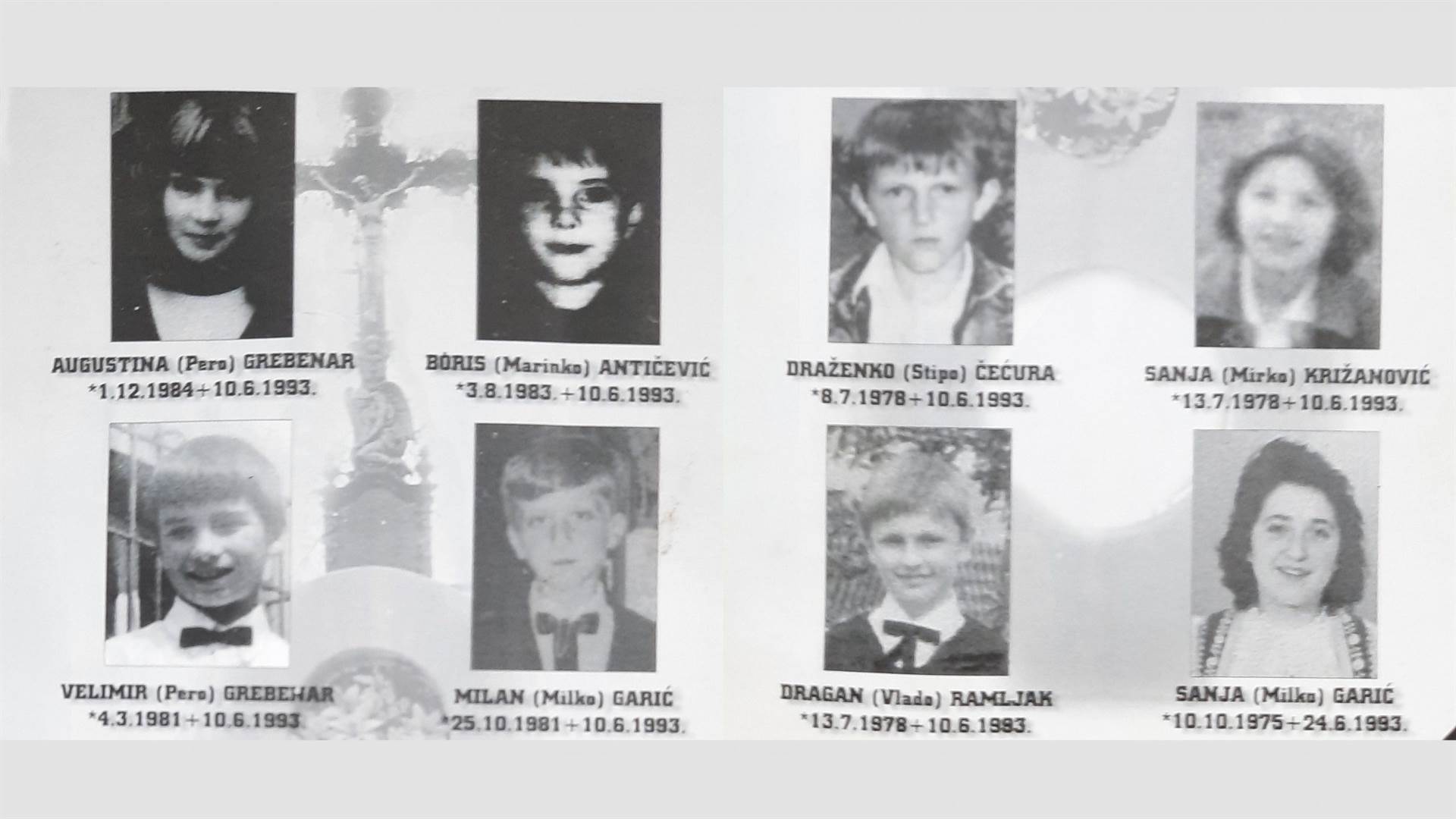A newly-painted mural of Bosnian Serb military chief Ratko Mladic and a gun attack on the local mosque have scared Bosniaks who returned to the town of Foca after fleeing...
There are more than 1,600 memorials around Kosovo related to the 1998-99 war, but the authorities don’t have a proper register of what has been built, or any legal guidelines...
Italian TV personnel Marco Luchetta, Alessandro Sasa Ota and Dario D’Angelo were killed by artillery fire in 1994 while reporting on the plight of children in the war-ravaged, ethnically-divided town...
The latest in BIRN’s Forgotten Victims series examines how Croat troops attacked a convoy of Serbs trying to escape to safety in September 1995, killing 81 civilians, but no one...
Sixteen Bosniak men and one woman were seized by paramilitaries from the Bosnian Serb ‘Avengers’ unit and then abused and killed at a notorious hotel in Visegrad during the war...
In the latest in the Forgotten Victims series, BIRN asks why there have been no convictions for the brutal abuse and murders of prisoners detained by Bosnian Serb forces at...
To many who trace their roots to socialist Yugoslavia, ‘Yugo-nostalgia’ isn’t just about how they or their families once lived, but about the life they want to live now.
Two soldiers were on opposing sides when 33 Bosnian Croats were massacred by Bosnian Army troops 27 years ago - but now they are both working to ensure that the...
The latest report in BIRN’s Forgotten Victims series examines how no one has ever been brought to justice for a mortar attack on a playground in Vitez during the Bosnian...

